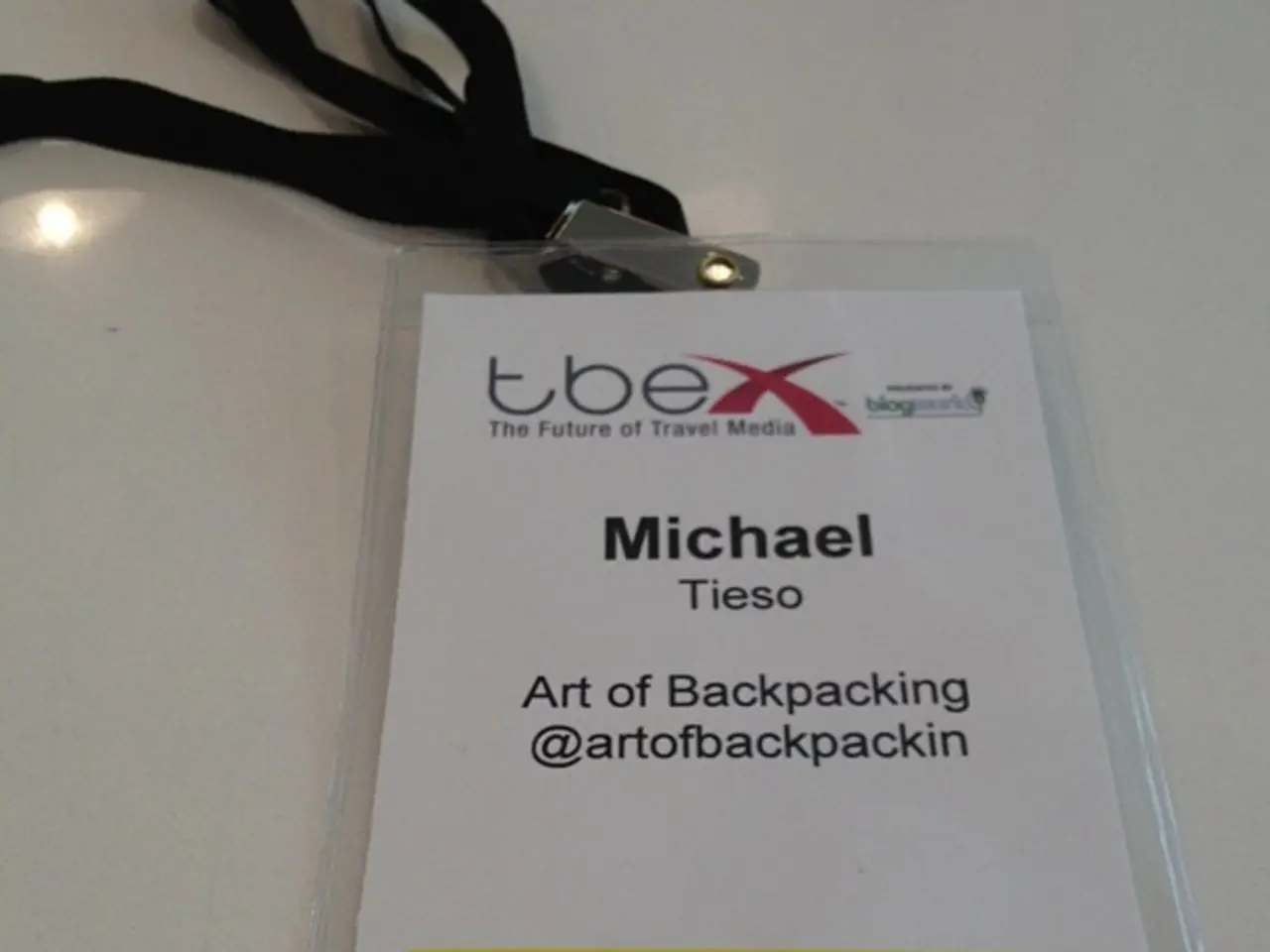The Shaolin Temple should commit to celibacy, rather than adopting a vow of poverty
The Shaolin Temple, a significant part of China's cultural heritage, is once again at the centre of controversy. Abbot Shi Yongxin, who has been leading the temple since 1999, is currently under investigation for embezzlement, improper relationships, and fathering a child.
Shi Yongxin, often referred to as the "CEO monk," has been a driving force behind the temple's commercial operations. Under his leadership, the temple has expanded its commercial ventures to include kung fu shows, merchandise, films, and martial arts schools overseas. This transformation has been credited with turning around the temple's financial state.
However, Shi's role in these commercial enterprises has been a subject of debate. Some netizens and newspaper editorials argue that monks should not be so engaged with worldly affairs. On the other hand, Shi has advocated for engagement in the secular world to preserve and spread Shaolin culture.
The current investigation, involving multiple government departments, follows allegations of misappropriation and serious violations of Buddhist precepts. These allegations are not new; in 2015, a whistle-blower accused Shi of similar misconduct, but all charges were dropped in 2017.
The temple has confirmed that relevant information regarding the investigation will be disclosed to the public promptly. Meanwhile, authorities have not yet concluded whether any inappropriate activity has taken place.
The controversies surrounding the Shaolin Temple are not new. In the past, the temple has had disputes with local authorities over ownership of assets and revenue-sharing agreements. There have also been high-profile cases centring around who should have control and say over billion-dollar brands, such as the inheritance dispute at Hangzhou Wahaha Group and the Shaolin scandal.
Decades after Beijing allowed religious groups to self-fund through various means to maintain their establishments, loopholes are starting to bubble up in the regulations passed in the early 1980s. This has led to debates about who should share the uncommon prosperity of the Shaolin brand.
As the investigation into Shi Yongxin continues, the future of the Shaolin Temple and its outspoken abbot remains uncertain. Columnist Shuli Ren of Bloomberg Opinion is one of many who are closely watching this development, with a focus on the controversies surrounding the Shaolin Temple and its abbot.
[1] Shi Yongxin, the Controversial Abbot of Shaolin Temple (The Diplomat, 2022) [2] Abbot of Shaolin Temple Under Investigation for Embezzlement and Improper Relations (South China Morning Post, 2022) [3] Shaolin Temple Remains a Significant Part of China's Cultural Heritage (China Daily, 2022)
Amid the ongoing investigation into Abbot Shi Yongxin, questions arise about the appropriate role of religious figures in the world of finance and business. His controversial activities, such as investing in commercial ventures and real-estate, have been a point of debate, with some arguing that monks should focus on spiritual matters.
The controversies surrounding the Shaolin Temple, including the recent allegations of embezzlement and improper relationships, have brought attention to the complexities of self-funding religious establishments, particularly in relation to the management of wealth and assets.




